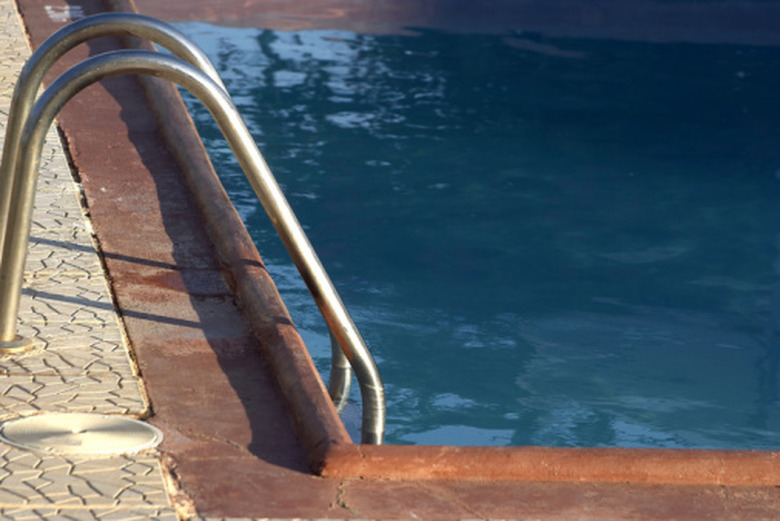Common Rodents Are Falling Into My In-Ground Pool
A dead rat or squirrel found floating in your pool can ruin your day. If you're wondering what you did to deserve this, or if your pool just became a rodent suicide hotspot, rest assured neither is the case. In-ground pools are designed in such a way that animals can easily get in, and getting out becomes nearly impossible. By taking steps to prevent it, you can save yourself the hassle of having to deal with a dead animal and protect your family from potential health risks.
Causes
Not uncommonly, an animal will pause to get a drink at your pool and accidentally fall in. If you have a sudden influx of rodents in your pool, you may have a rodent infestation in your neighborhood. Perhaps one of your neighbors has taken steps to control them and put out a poison like Warfin, which causes animals to dehydrate, so they often head towards pools in a desperate search for water.
Health Concerns
Although a dead animal is not pleasant, in most cases it doesn't pose any health risk to swimmers. Chlorine will kill any germs the animal carried within minutes. The Centers for Disease Control and Prevention (CDC) recommends removing the animal using a net or bucket while wearing disposable gloves. Double bag the animal into two garbage bags. Remove any debris from the net or bucket. After removing the gloves and placing them into the garbage bag, close up the bag and place it into a sealed garbage can. Wash your hands thoroughly with soap and water. To disinfect your pool, keep the free chlorine concentration at 2 parts per million, maintain pH levels at or below 7.5 and keep the pool temperature at 77 degrees F or above for 30 minutes. Place the net or bucket in the pool during this time to disinfect it. After the 30 minute period is over, using the pool is safe.
Raccoons
Raccoons are a different story. Raccoons can carry Baylisascaris procyonis, which isn't killed by chlorine. It can cause a severe neurological illness, especially in children. Contact your local animal control agency or health department about having the raccoon tested for Baylisascaris eggs. If the test is positive, or if you are unable to run the test, you will need to filter the pool for at least 24 hours and then backwash the pool filter. Put on disposable gloves, and dispose of all the material used to do the filtering if possible. Double bag the material and the gloves, and put it in the trash. Wash your hands with soap and water. Your only other option is to drain and clean the pool and backwash the pool filter before refilling the pool.
Prevention
Using a pool cover, especially at night, can help reduce incidences of dead animals in your pool. A fence can help keep out larger animals but may not be useful against mice and rats. Another option is to get a special ramp, like a Skamper Ramp, to help prevent animals from drowning. Pet owners should consider this last option because the ramps also protect dogs and cats from drowning.
